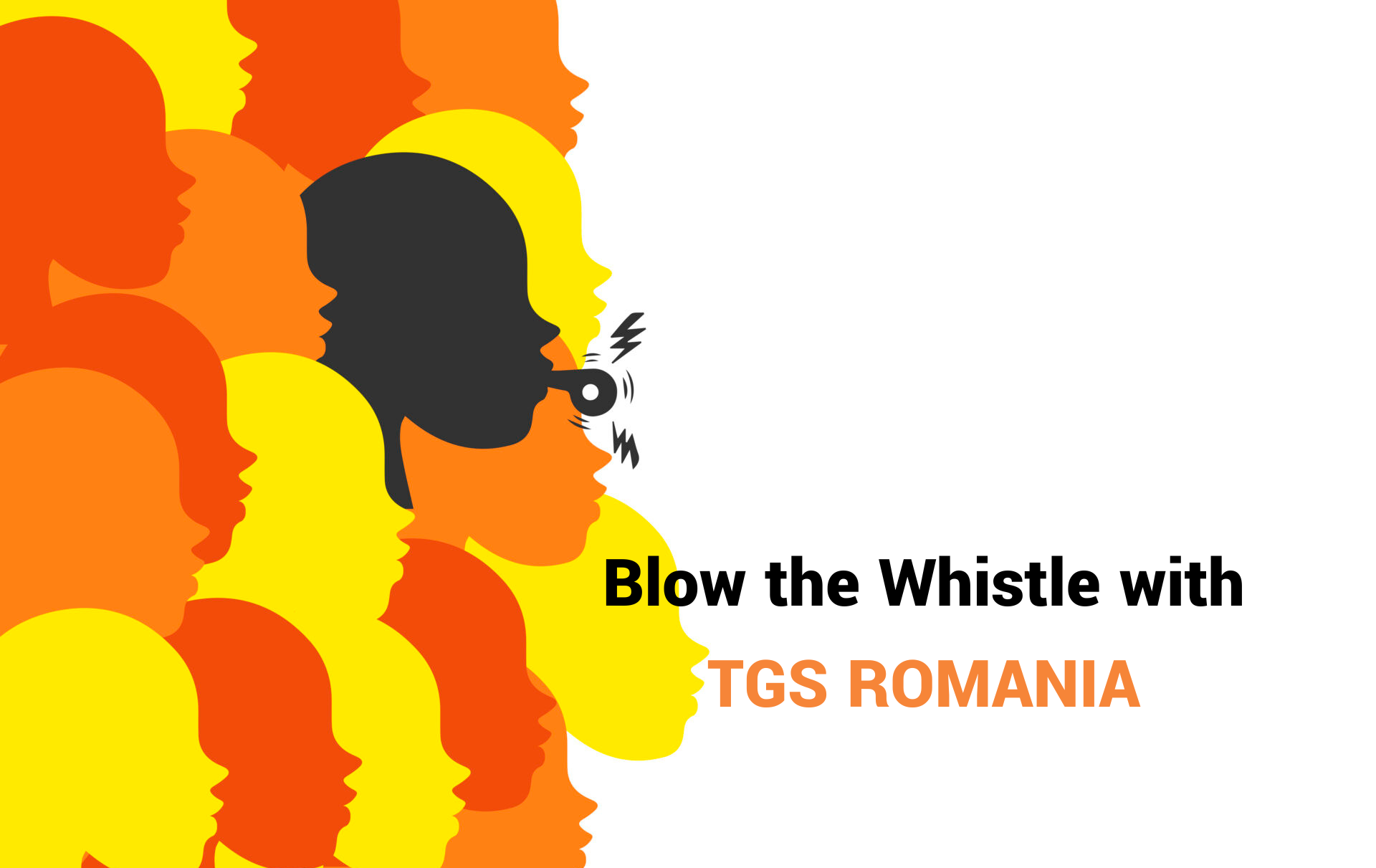
May 30, 2023
Maximising Your Bulgaria Business: A Comprehensive Guide
Discover the advantages, challenges, and step-by-step strategies for thriving in Bulgaria’s dynamic business landscape.

In February 2023, Bulgaria’s National Assembly made a substantial leap towards enhancing transparency and accountability by enacting the new Whistleblowing Law. This legislation closely aligns with the EU Directive 2019/1937, focusing on safeguarding individuals who report violations of Union law. Effective from May 4, 2023, with specific provisions applicable to some private sector employers commencing on December 17, 2023, the Whistleblowing Law introduces critical safeguards and responsibilities for those who expose wrongdoing within organisations.
As TGS Bulgaria, we are delighted to share the presentation from our valued partner, TGS Romania. This collaboration reflects our commitment to providing comprehensive support for South-East Europe (SEE) businesses. The TGS group is dedicated to promoting compliance, ethical corporate governance, and transparency throughout this dynamic area. Click on the link to download their full presentation and learn more: 2023 TGS Romania – Whistleblowing EN
Who does the law apply to?
The Whistleblowing Law applies to public sector employers (except smaller municipalities), private sector employers with 50+ employees, and private sector entities involved in specific EU-regulated activities. This broad scope ensures transparency and accountability across various sectors.
Employer obligations:
Employers must establish compliant internal reporting channels for employees to report breaches of confidentiality. They also need to create internal reporting rules, designate responsible employees, define reporting procedures, and keep records. Employers must submit statistical data to the national body overseeing whistleblowing, fostering a culture of transparency.
Reportable breaches:
The law covers a wide range of breaches, including public procurement, finance, money laundering, environmental protection, public health, consumer protection, data privacy, and workplace-related crimes. This comprehensive approach allows reporting and addressing various misconduct.
Protection for whistleblowers:
The law protects whistleblowers, including workers, public officials, job applicants, and shareholders, from retaliation, including threats, dismissal, wage cuts, and damage to their reputation or finances. Whistleblowers can seek compensation for damages.
Consequences of non-compliance:
Violators, including legal entities, may face penalties from BGN 400 to BGN 20,000, with higher penalties for repeated breaches. Individuals reporting false information may be fined from BGN 3,000 to BGN 7,000.
The Central Authority:
The Commission for Personal Data Protection is the central authority for external reporting and protection under the Whistleblowing Law. It issues instructions, regulations, addresses breaches, and imposes penalties, ensuring effective implementation.
By adopting the Whistleblowing Law, Bulgaria has taken a significant step towards promoting transparency, safeguarding whistleblowers, and aligning itself with EU directives on reporting breaches. This legislation reinforces the importance of ethical conduct and accountability in both the public and private sectors, ultimately contributing to a more just and transparent society.

